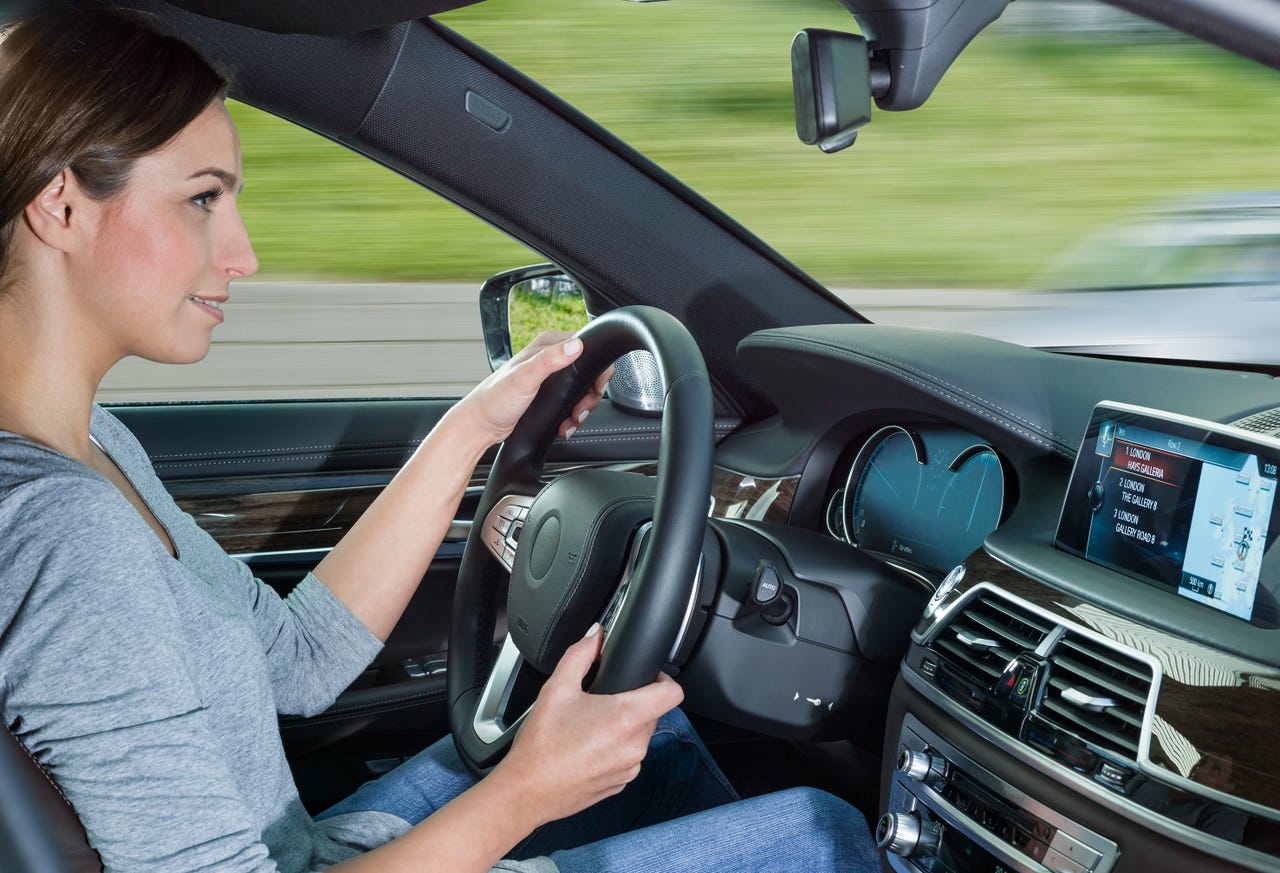Nuance rolls out Dragon Drive Automotive, an AI platform for connected cars


Nuance Communications on Tuesday released its latest virtual assistant platform, this time tailored to the connected car.
More CES 2016
The Burlington, Mass., company -- which develops speech recognition software and voice-based technology used in devices including GPS systems, smartphones and television sets -- unveiled the Dragon Drive Automotive Assistant, a platform designed to give drivers a conversational and personalized virtual assistant in the dash of their car.
The platform enables natural language processing for tasks such as phone dialing, music search and playback, and message dictation. Voice biometrics and contextual learning capabilities help tailor the platform to each driver, eventually allowing the system to complete tasks while keeping driver interactions to a minimum, Nuance says.
On the data front, the platform taps into known preferences of the driver as well as information from the car's sensors and diagnostic systems. The combination of data points aims to alleviate certain tasks for the driver, Nuance says, like for instance scheduling an oil change at a local dealership.
Overall, Nuance's platform illustrates the evolving relationship between software makers and auto manufacturers.
One of the early themes to emerge so far from this year's Consumer Electronics Show in Las Vegas is that automakers are ready to build the connected car for the everyman. And technology providers are lining up to meet the demand, as there's been a bevy of partnership announcements between software makers and auto manufacturers.
On Monday Nuance detailed a partnership with BMW, which will place Nuance's Dragon Drive platform inside 2015 and 2016 BMW models. The company also inked a similar deal with luxury brand Mercedes in September.
According to the announcement, BMW's 7-series cars have been the first to support a "conversational" UI that leverages natural language assistance, text-to-speech functionality, and a mixture of embedded and cloud-based voice recognition.
A similar CES-timed announcement from Toyota revealed the automaker's plans to adopt Ford's open-source entertainment software project SmartDeviceLink in its cars, with Honda, Mazda and Subaru close to making the same decision. Automotive suppliers QNX Software Systems and UIEvolution will also adopt the technology.
And just a day earlier, Ford said it will be making Apple CarPlay and Android Auto available to all Sync 3-equipped vehicles built this year.